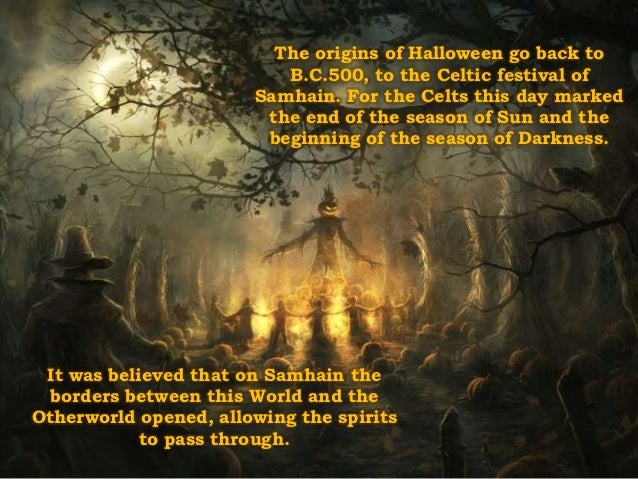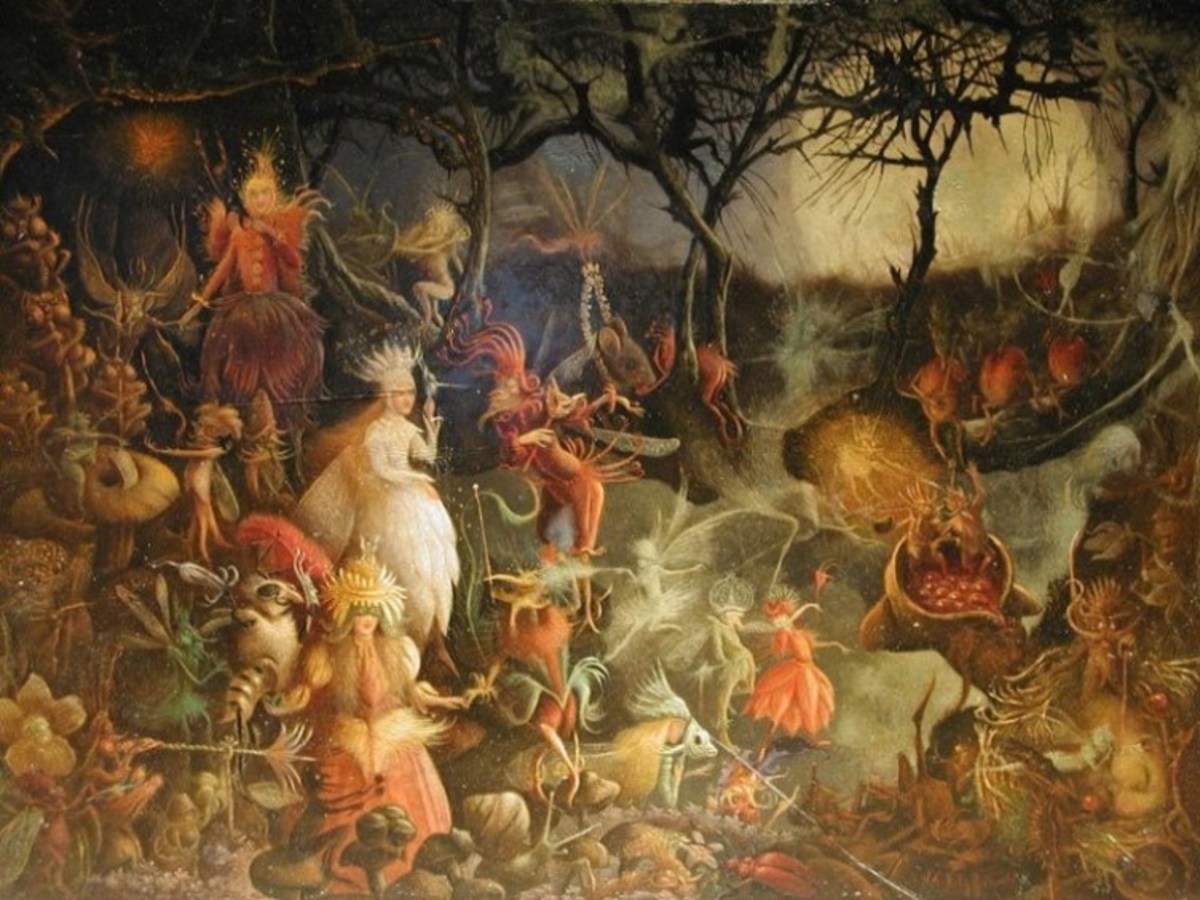Halloween: A Journey Through Its Origins and Evolution
Related Articles: Halloween: A Journey Through Its Origins and Evolution
- Halloween: A History Of Spooks, Spirits, And Superstitions
- Halloween Disney Music 2024: A Spooktacular Symphony Of Sound
- Halloween Fonts For Google Docs 2024: A Spooktacular Selection
- Halloween Disney Characters Clip Art 2024: A Spooktacular Collection For Your Creepy Creations
- Halloween Disney Coloring Pages Free 2024: Unleash The Magic Of Disney On Halloween Night
Introduction
With enthusiasm, let’s navigate through the intriguing topic related to Halloween: A Journey Through Its Origins and Evolution. Let’s weave interesting information and offer fresh perspectives to the readers.
Table of Content
Video about Halloween: A Journey Through Its Origins and Evolution
Halloween: A Journey Through Its Origins and Evolution

Halloween, a night of mystery, enchantment, and otherworldly encounters, has its roots in ancient Celtic traditions and has undergone a remarkable transformation over the centuries. As we approach Halloween 2024, let us delve into the rich history of this enigmatic holiday.
Celtic Origins
Halloween’s origins can be traced back to the ancient Celtic festival of Samhain, which marked the end of the harvest season and the beginning of the colder, darker half of the year. The Celts believed that on the night of Samhain, the boundary between the worlds of the living and the dead became blurred, allowing spirits to cross over.
To ward off these spirits, the Celts would light bonfires, wear costumes made of animal skins, and leave offerings of food and drink for the dead. They also held feasts and divination rituals to predict the future.
Roman Influence
In the 1st century AD, the Roman Empire conquered Celtic territories, bringing with them their own traditions and customs. The Roman festival of Pomona, which honored the goddess of fruit trees, was merged with Samhain, giving rise to the name "Halloween."
Christianization
In the 8th century, Pope Gregory IV designated November 1st as All Saints’ Day, a day to honor Christian saints. This led to the gradual Christianization of Halloween, which became a time to remember and pray for the departed.
Medieval Traditions
During the Middle Ages, Halloween evolved into a time of mischief and revelry. People believed that witches and evil spirits roamed the streets on this night, and they would dress up in costumes to disguise themselves from these malevolent forces.
The practice of "trick-or-treating" also emerged during this period. Children would go door-to-door, singing songs and reciting poems in exchange for treats. If they were not given anything, they would play pranks on the homeowners.
Modern Halloween
In the 19th century, Halloween was brought to America by Irish immigrants. It quickly gained popularity and became a beloved holiday celebrated with costumes, candy, and decorations.
Over the years, Halloween has continued to evolve, with new traditions and customs emerging. Today, it is a global phenomenon, celebrated in countries around the world with a mix of ancient and modern elements.
Symbols and Traditions
Halloween is associated with a number of iconic symbols and traditions, including:
- Pumpkins: Carved pumpkins, known as jack-o’-lanterns, are a symbol of Halloween. They are said to represent the spirits of the dead or ward off evil spirits.
- Costumes: People dress up in costumes on Halloween to disguise themselves from spirits or to represent their favorite characters.
- Candy: Trick-or-treating is a popular Halloween tradition where children go door-to-door collecting candy.
- Decorations: Homes and businesses are decorated with Halloween-themed decorations, such as black cats, spiders, and ghosts.
- Bonfires: Bonfires are still lit on Halloween in some cultures, as a way to ward off evil spirits or honor the dead.
Halloween 2024
As Halloween 2024 approaches, we can expect to see a continuation of the traditions and customs that have made this holiday so beloved. From elaborate costumes and trick-or-treating to festive decorations and bonfires, Halloween will once again provide a night of mystery, enchantment, and otherworldly encounters.
Conclusion
Halloween is a holiday with a rich and fascinating history, spanning centuries and cultures. From its ancient Celtic origins to its modern-day manifestations, Halloween has evolved into a global phenomenon that continues to captivate and entertain people of all ages. As we approach Halloween 2024, let us embrace the spirit of this enigmatic holiday and celebrate its unique blend of mystery, magic, and tradition.








Closure
Thus, we hope this article has provided valuable insights into Halloween: A Journey Through Its Origins and Evolution. We appreciate your attention to our article. See you in our next article!